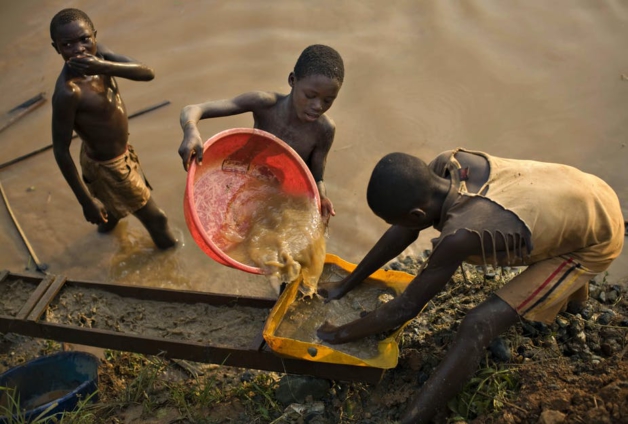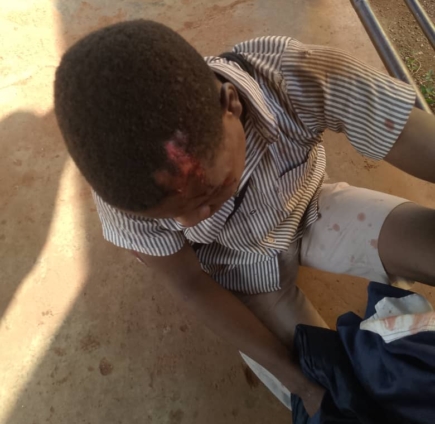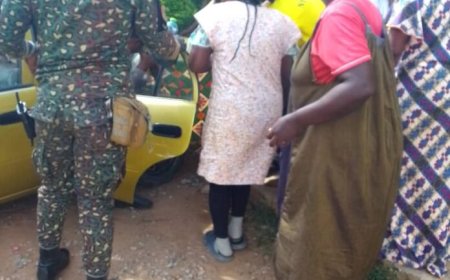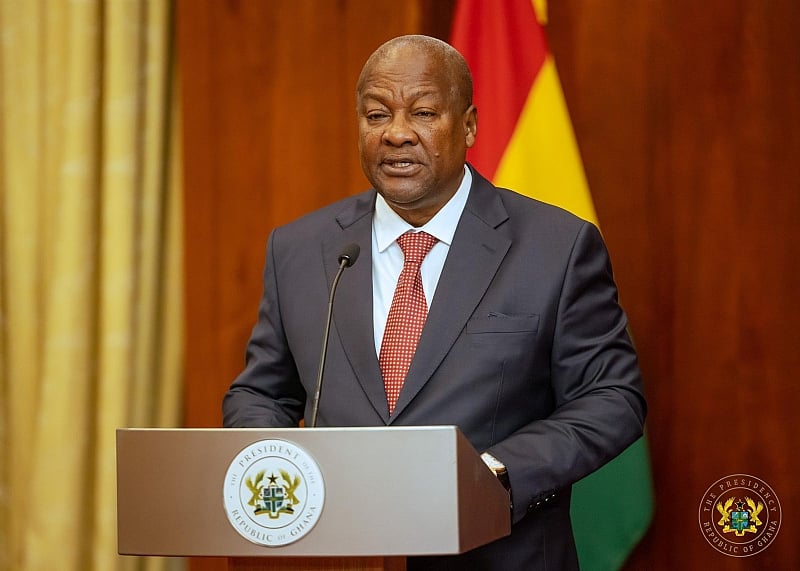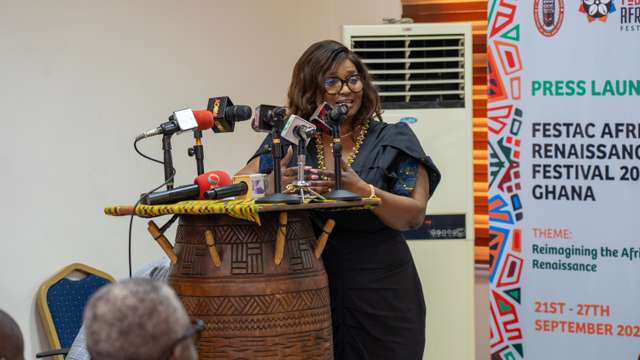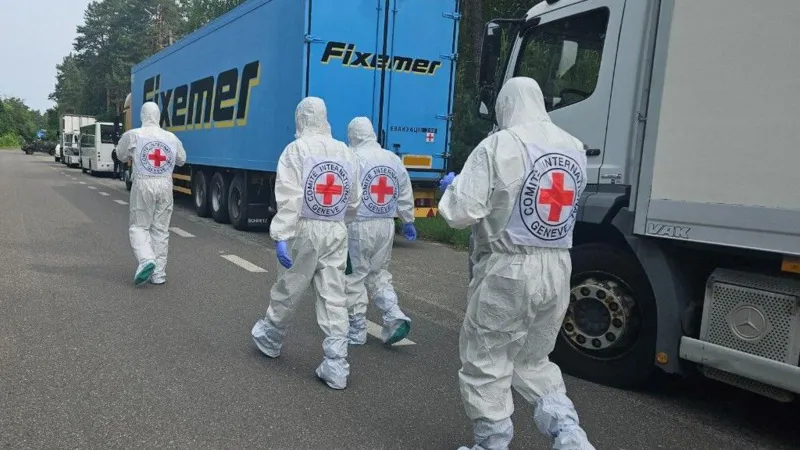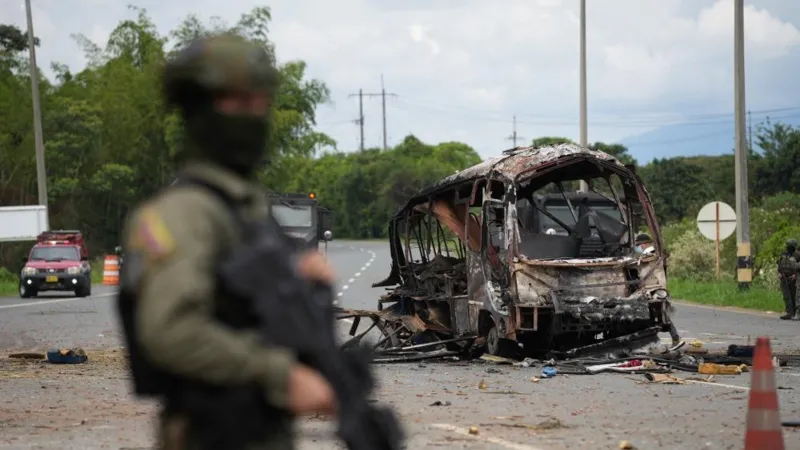Cholera devastates Sudan’s capital amid conflict, power outages, and water scarcity
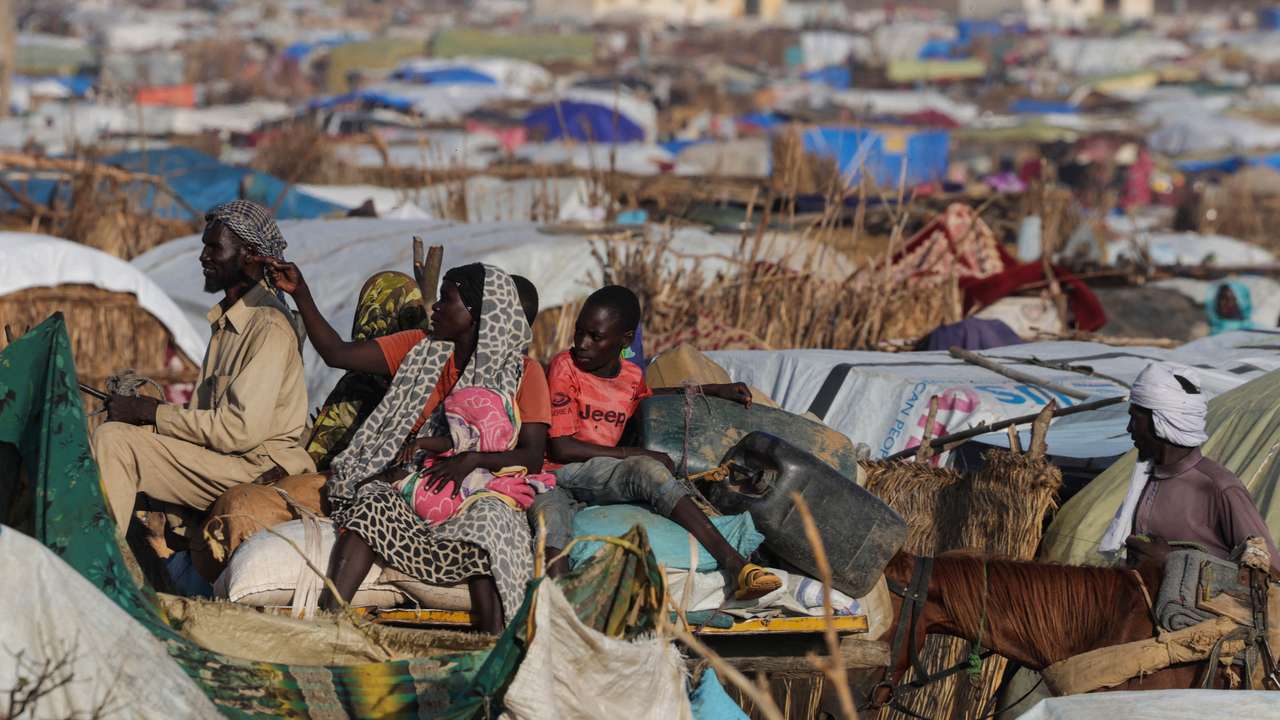
Sudan’s Ministry of Health has reported a rise in cholera cases in in the capital region, particularly in Karrari locality (Omdurman) and Jabal Awliya, south of Khartoum amid ongoing water crises and weakened public health infrastructure.
According to the Ministry’s Emergency Operations Centre, 2,323 new cholera infections and 51 related deaths have been recorded over the past three weeks. Ninety percent of these cases were identified in Khartoum State, with the hardest-hit areas being Karrari and Jabal Awliya, Sudan Tribune reports.
“2,323 new cholera cases have been recorded, including 51 deaths over three weeks, 90% of which were identified in Khartoum State, especially Karrari and Jebel Aulia,” a statement from the Ministry read.
The outbreak has been fueled by severe water shortages, worsened after the Rapid Support Forces (RSF) shelled three power stations in Omdurman on May 14, causing widespread power outages across the capital. With water supply systems down, residents have turned to unsafe sources such as shallow wells and direct extraction from the Nile, increasing the risk of waterborne diseases.
Sudan is also currently facing multiple public health threats, including dengue fever, malaria, hepatitis, measles, and diphtheria, with infection and mortality rates varying by region.
The Ministry of Health has launched several public awareness efforts, including home visits, community dialogues via interactive theatre and mobile cinema, and mass media campaigns focused on disease prevention.
The Ministry estimates that up to 80% of health facilities in conflict-affected areas and 45% in other parts of the country are no longer operational, largely due to shortages of medicine, electricity, clean water, and medical personnel.
Source: globalsouthworld.com





